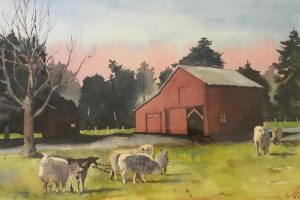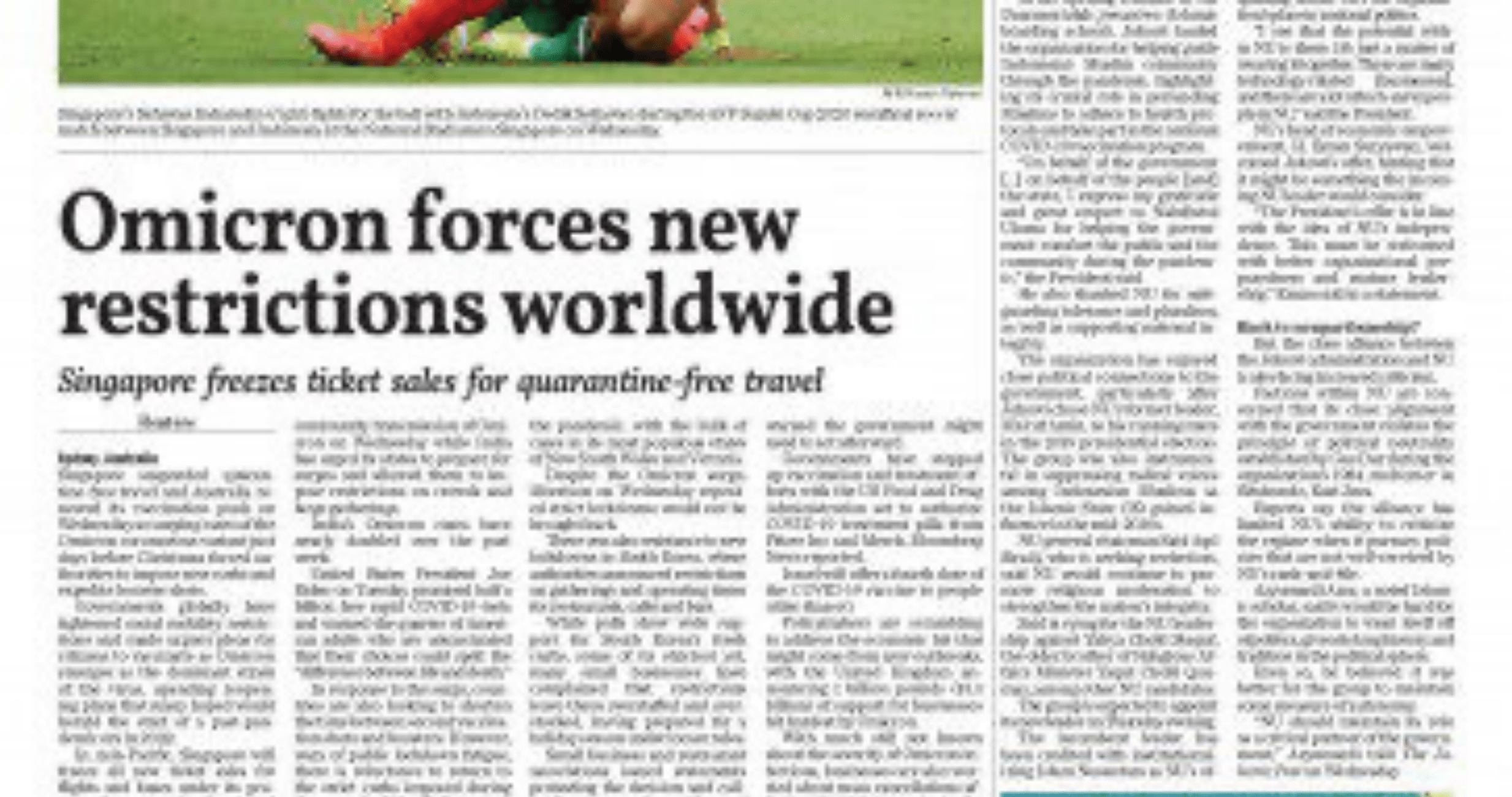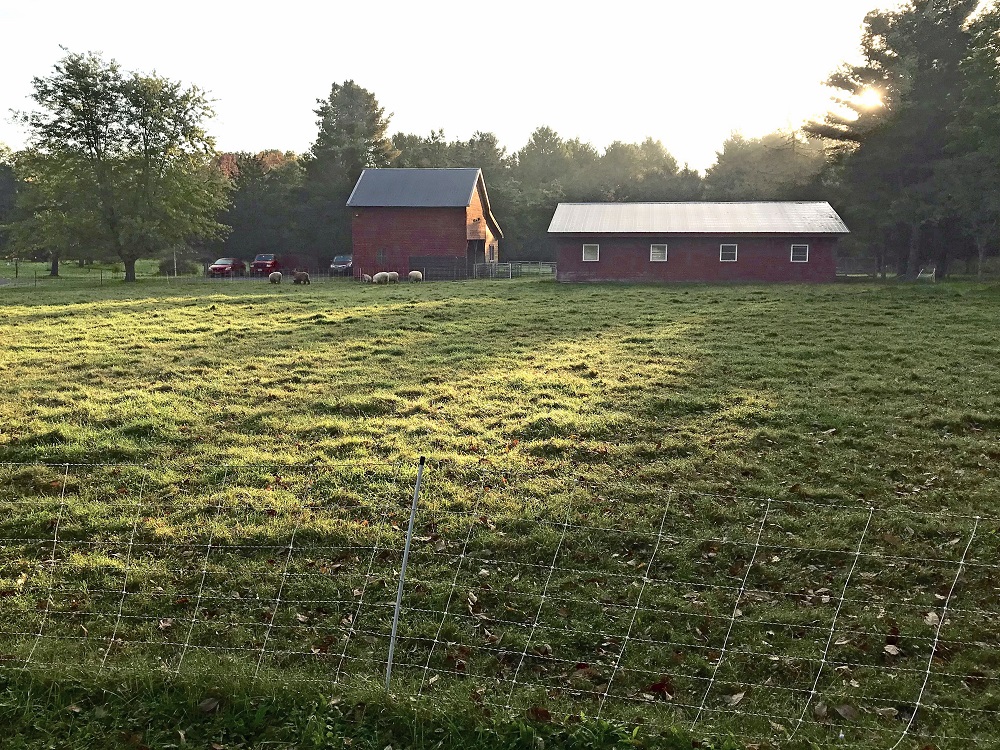We are now into the second full week of May and a lock down is still in effect in Upstate New York. I am beginning to see effects everywhere. New Fadum Farm backs up to the Five Rivers Environmental Education Center and many mornings I take long walks there. These days, I am observing a small amount of “crowding” on the remote trails. Just this morning I saw two joggers and a walker on the North Loop. A young mother was pushing a baby carriage on the Beaver Trail Loop. Looks to me as if effects of the COVID-19 pandemic are not all bad :).
Another effect is that Deborah and I are finding more time to follow some of the BBC and Masterpiece Theatre series on Netflix. Deborah loves these British productions about the 18th and 19th centuries. The series “Victoria” dramatizes the lives of Queen Victoria and her consort, Prince Albert. Last night’s episode dealt with the 1854 cholera outbreak in London. Dr. John Snow featured prominently in this episode and we witnessed a dramatization of the famous “Removal of the Broad Street Pump”, which has been described as the founding event of modern epidemiology. In the episode, Dr. Snow, a shy and stuttering introvert, uses now-classic interview and case tracing techniques to pinpoint the source of the epidemic—contaminated water from the public pump on Broad Street. His data-based and scientific approach trumped all of the Parliamentary debate which in the Netflix dramatization focused on blaming immigrants and members of the other political party.
Florence Nightingale makes a cameo appearance in this episode. For decades she has been a personal hero for me. Most people know her as the founder of the modern practice of nursing. Some also know that she was a social reformer who pushed for clean water and sewers in urban London. A biography I read years ago described how she first saw her life’s work spread out before her while working as an army nurse in the Crimean War. She observed that more British soldiers died from diseases like cholera and dysentery than from combat injury. Upon returning to England, she devoted herself to studying the newly forming field of inferential statistics in order to make sense out of the data she had collected at battlefield hospitals. In my modeling and statistics classes at the University I have often repeated her famous saying, “To understand God’s thoughts, one must study statistics… the measure of his purpose.” Nightingale understood that fact-based science coupled with statistical measurement and math-based modeling was the key to understanding and combatting epidemics. For many years I have hoped that some of my students in the MPA program at UAlbany’s Rockefeller College might become modern-day Florence Nightingales in various public policy debates in the United States. Scientifically grounded and data-driven voices like hers seem to be lacking in so much that I read about the current political response to the COVID-19 pandemic in the United States.
In a culminating scene in the dramatization, Queen Victoria, ruler of the most powerful empire the world had ever seen, dismisses her entire court, and sits down to pour tea for Dr. Snow. She tries to calm his introverted stuttering so that she can learn from him what he has learned from the data—from measuring to God’s purpose, as Florence Nightingale might have said.
Actually, the absence I lament is probably not the absence specifically of Snow and Nightingale, the objective and enlightened individuals. Indeed, in our own times we have many well-trained and empirically oriented epidemiologists who follow in their footsteps. What I miss is the respectful partnership between their scientific expertise and the highest level of political leadership in Victorian England that enabled us to understand and then eradicate a wide range of communicable diseases in this modern era.
This Story Has a Lesson
Data-based analysis and models have always been the best way to design scientifically grounded strategies for controlling public health disease and epidemics such as COVID-19. We need a strong and respected partnership between scientific knowledge and political will to get our society safely to the other side of this pandemic.





